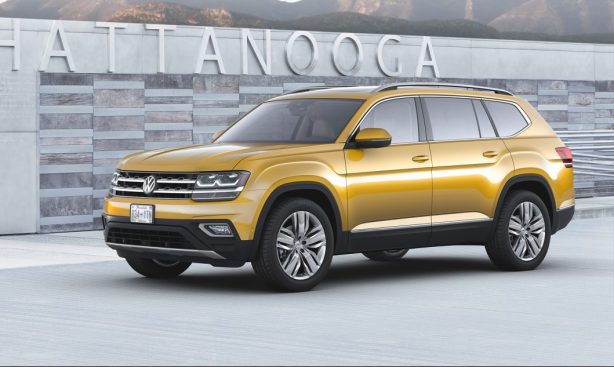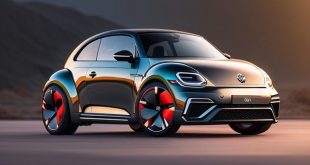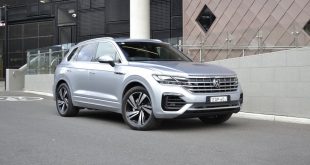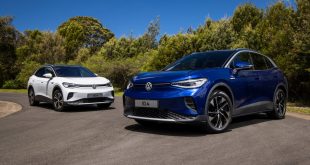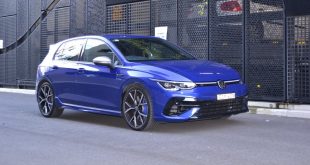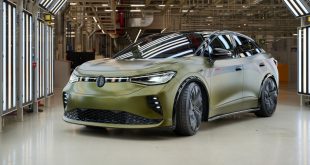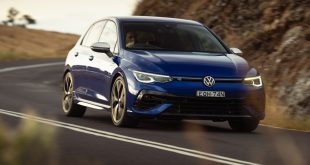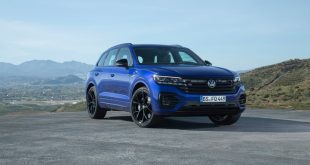As a further sign of Volkswagen Group’s cost cutting measures due to the ‘Dieselgate’ fallout, the company will reportedly stretch its MQB platform out for another two generations.
Used as the basis for many of the group’s small and medium sized front-wheel drive and all-wheel drive vehicles, the flexible architecture shares numerous common parts across a multitude of brands and models, significantly reducing development and production costs.
According to Automotive News, the company’s boss, Herbert Diess told German daily Boersen-Zeitung further developing the MQB platform would bring substantial cost savings: “In the past months we have worked on the cost side of MQB and made significant progress.”
“The MQB has high technical substance, so we can use it for the next two vehicle generations without further major investments,” he said. It is understood that Volkswagen Group intends to increase the output of vehicles based on the MQB architecture from 2 million units in 2014 to 7 million by 2018.
Currently, the platform underpins anything from the Volkswagen Golf to the Audi TT and Volkswagen Atlas, the latter being the biggest vehicle that uses MQB.
The brand is said to be redirecting its resources towards the development of electric vehicles as it battles the massive amount of fines and compensation due to the emission cheating scandal.
This comes following Audi’s decision to stop developing its own platform, but instead utilises the Group’s MQB and MSB platforms.
Diess plans to cut Volkswagen’s annual costs by €3.7 billion ($A5.31 billion) through 2021 via a “future pact” with workers, which in turn would help raise the brand’s operating margin from an estimated 2% this year to 4% by 2020. Even then, the figure is significantly lower than a previous 6% target and is down on benchmarks in profitability from the likes of Renault, Peugeot, Ford and General Motors.
Diess says a 4% margin is the minimum required for the group to earn its capital cost, and 6% would be necessary for it to fund investments in future technologies.
“We are rising to that challenge. We will achieve more in the future with fewer investments to respond to competition,” Diess said.
 ForceGT.com Car News, Car Reviews, Video Reviews, Tuning and much more.
ForceGT.com Car News, Car Reviews, Video Reviews, Tuning and much more. 
